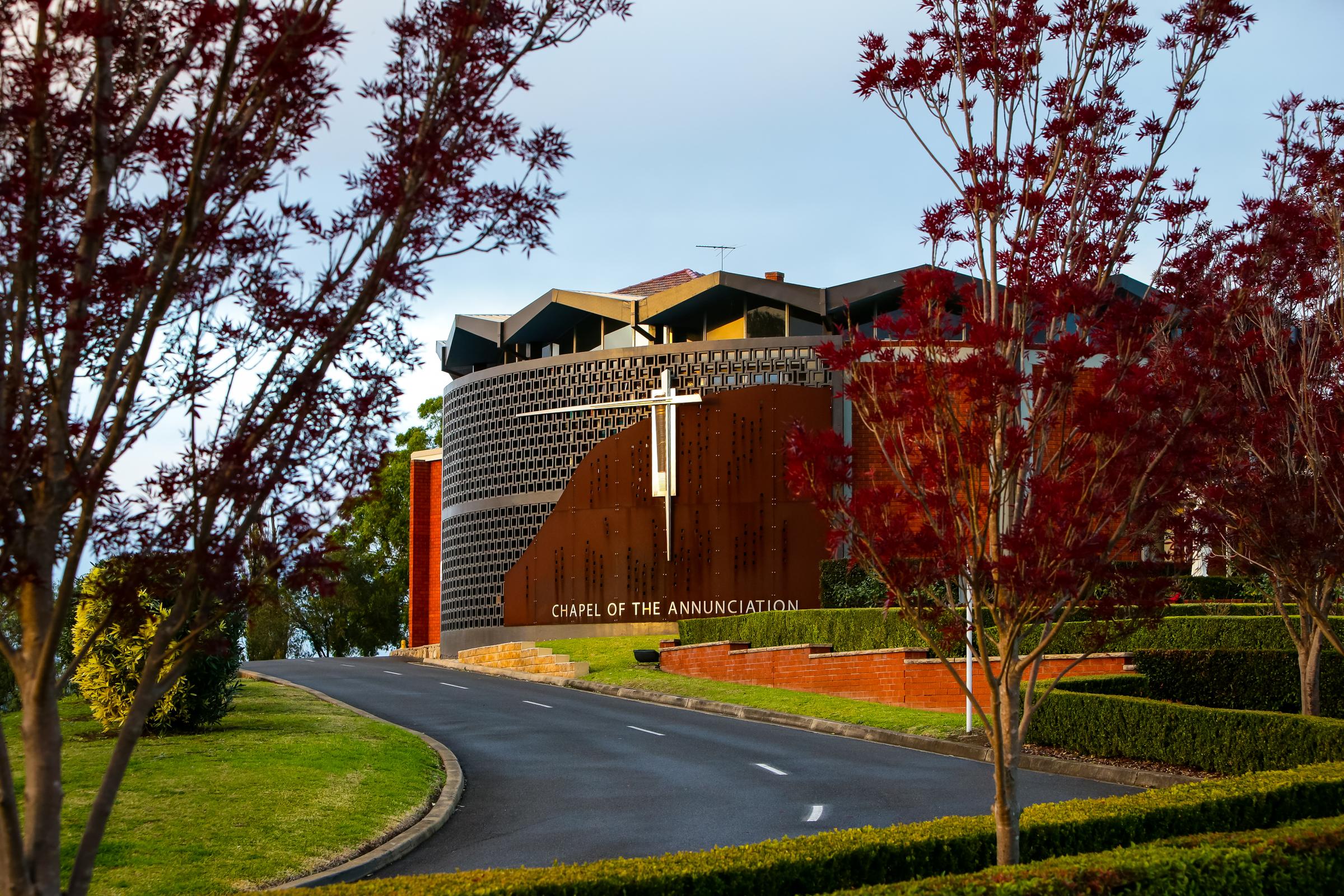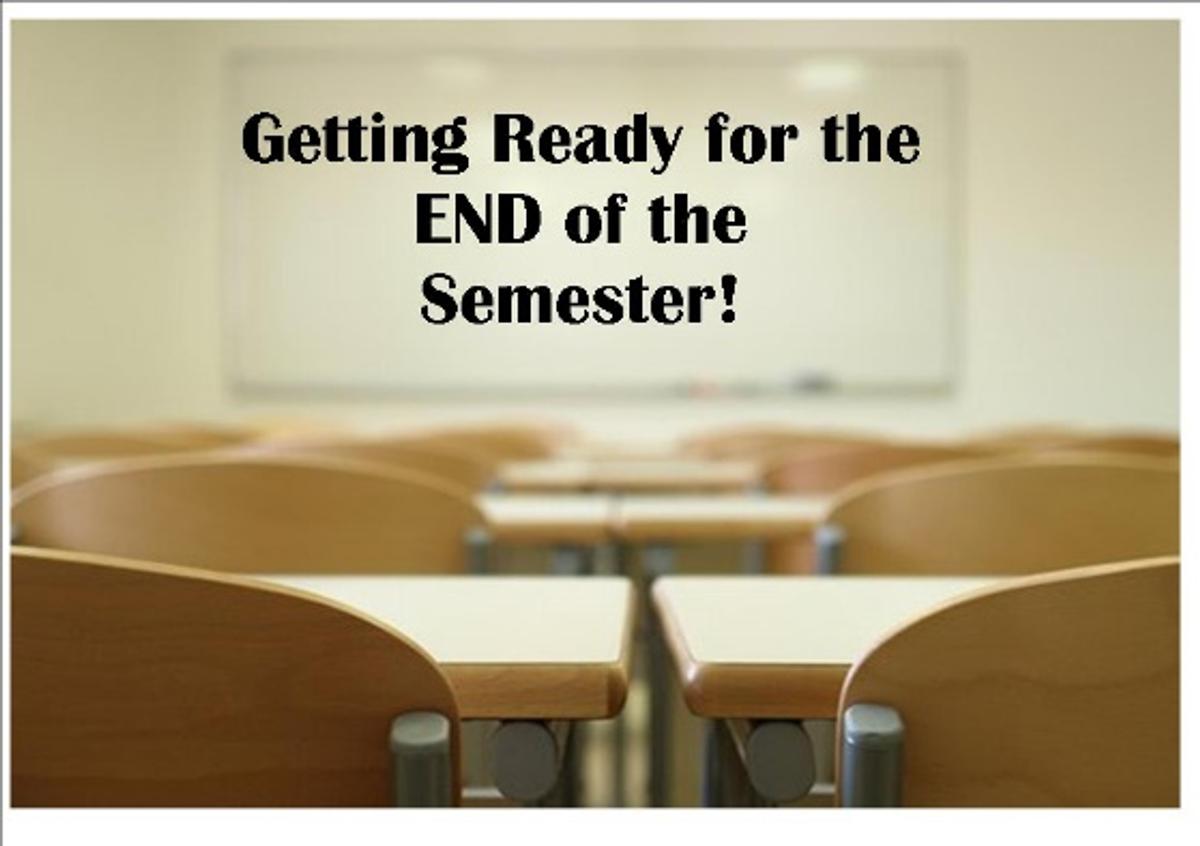From the College Principal
Mr Lee MacMaster

From the College Principal
Mr Lee MacMaster
Dear Parents, Carers, Students and Friends of the St Gregory’s College Community,
The end of Week 4 of Term 4! We are charging towards the end of the most challenging year of my teaching career, and I am sure you will agree that this year has certainly thrown all of us some ‘curve balls’ that we have had to deal with in the best way we can. I feel enormously proud of the way our College community has worked together during this very tough year. My prayers are with you all, and I pray that you all stay healthy and strong.
PARENT OPINION SURVEY -


I want to thank our 666 respondents to our recent Parent Opinion Survey. Thanks for taking the time to give us your thoughts and comments. As a College, we value feedback and want you to know that we are treating the feedback you have provided with a high level of respect. The feedback provides us with a great platform going forward, at the same time as challenging us to think about doing things differently to benefit our St Gregory’s College community. The College Leadership Team and the new College Advisory Council will have the opportunity to ‘drill-down’ into the feedback and comments and to make suggestions for future growth and change.
END OF SEMESTER 2 REMINDERS - A reminder that our Year 12 students have now


completed Week 3 of their Higher School Certificate examinations which will conclude on Tuesday 10 November; our Year 11 students conclude the first term of their Higher School Certificate course on Wednesday 9 December; Years 7, 8, 9 & 10 conclude their term on Friday 4 December, with their final Semester 2 examinations commencing on Friday 27 November; and our Kindergarten to Year 6 students conclude their term on Thursday 10 December.
Our Year 7 – 10 students will be able to collect their marked exam papers from the Brother Luke Hall on Saturday 12 December from 9am to 12pm. This will be an opportunity to check the marking of the exams and to clarify any marking prior to the publishing of the Semester 2 Academic Reports on Tuesday 14 December (online through the Sentral Parent Portal).
QUALITY TEACHING & LEARNING - Over the


past year I have been consistently talking to our staff about the need for quality teaching and learning in their classrooms. I have been impressed to see this taking place across the College in ‘bucket-loads’ each day. As we draw closer to the end of the year, we need to ensure that the quality of instruction and activities in each classroom continues to improve and focus on the learner – our students. In my own studies and readings over recent years, I keep coming back to the key questions that should guide us as teachers - How do students learn best? and, What do we need to continually develop in our students to ensure learning is continuous?
To address the first question initially. Do students learn best when they have to discover or construct essential information, or when they are given full, explicit instruction? Interestingly, decades of research clearly demonstrate that for novices (virtually all school-age students), direct, explicit instruction is effective when combined with ‘guided’ inquiry learning. I am not advocating that our teachers ‘lecture’ students all day. Explicit instruction can take many forms: lectures, modelling, computer-based presentations, and demonstrations with ample practice and feedback, as well as class discussions and activities and small-group and independent problems and projects as a means of practising recently learned content and skills.
Controlled experiments almost all indicate that when dealing with new information students should be explicitly shown what to do and how to do it, and then have an opportunity to practise doing it while receiving corrective feedback.
My view is that learning requires the construction of knowledge. Withholding information from students does not facilitate the construction of knowledge. I love seeing teachers ‘teaching’ and students engaged in that process.
To the second key question - What do we need to continually develop in our students to ensure learning is continuous? Recent studies have established the key role of long-term memory in how well we function in cognitively based activities – everything from crossing the street in traffic to solving maths problems. Long-term memory is the ultimate aim of teaching. Everything we see, hear, and think about is dependent on and influenced by our long-term memory. If nothing has been added to our long-term memory, nothing has been learned.
Our working memory, on the other hand, is a limited mental space in which conscious processing occurs – in other words, in which we think. The relationship between working and long-term memory, in conjunction with the cognitive processes that support learning, is of critical importance to developing effective teaching and learning. Short-term memory can hold only about seven items at a time, only two or three can be processed simultaneously, and almost all the information stored there is lost within 30 seconds.
I have long been fascinated about teaching and learning and how effective / ineffective it can be. As the College Principal, I commit to strengthening teaching and learning at St Gregory’s College over the coming years. I know I have great support from our teaching staff in this regard – they want to be at the ‘cutting-edge’ of pedagogy and ensure the children they teach receive the very best.
TEACHING RESPECT - One of the most


important things we can teach our students at the College is respect. We need to keep in mind that respect is not the same as obedience or following rules. Recently during a discussion with some of my colleagues around the topic of self-esteem and self-respect, one colleague asked me what self-respect meant to me. I was stuck for words initially, but then I thought to myself, how do I demonstrate self-respect, and how would the students and staff at the College see me demonstrating it?
For me, respect is an attitude. Being respectful helps people succeed in life. If people don't have respect for peers, authority, or themselves, it's almost impossible for them to succeed. A respectful person takes care of their belongings, accepts responsibilities, and shows love, care and concern for their family, friends and peers.
Self-respect for me means respecting myself above all else. It means honouring my values and principles before anyone and anything else. It means trusting myself to say and do only what feels true and honest. It means listening to and respecting that precious little voice inside, even when it feels a little fearful, reluctant or unsettled. The more life experiences I have in staying true to myself despite, at times, very strong pressure not to, the more I see that it has always been me who is in charge of my relationships and whether they are fulfilling or draining.
Self-respect extends to our actions and how people perceive us behaving. For me, it is important to be positive in my actions and to model the Gospel values in all I do. I keep in mind the saying "Do unto others as you would have them do unto you."
As we move forward this year I will continue to stress with students and staff the values of respect and self-esteem. The best way to teach respect is to show respect. When a student experiences respect, they know what it feels like and begin to understand how important it is. It is important for us at St Gregory’s College to teach our students about respect, however, parents and carers have the most influence on how respectful their children become. Until children show respect at home, it's unlikely they will show it anywhere else. Please assist us in this important endeavour.
REMEMBRANCE DAY – Next Wednesday, 11 November, the College community will pause in


silent prayer and reflection at 11am for Remembrance Day. Next Wednesday we are called to remember the eleventh hour, of the eleventh day, of the eleventh month in 1918. The guns were stilled, and the war was signed to an end. Down the lines and lines of trenches, the bugle call for the final ceasefire passed from post to post in an endless eerie and poignant echo. After four years of the chaos and thundering noise of war, the silence was stunning.
Remembrance Day — just two simple words that frame so many stories – stories of heroism and loss, stories of the defeat and of the victory of the human spirit. Next Wednesday, we remember the silencing of the guns in 1918 and the signing of an armistice to end World War I, the first major war of the industrial age with new technologies that changed forever the face of war, the Great War, the War to end all wars. A war unleashed by a single gunshot that swelled to encompass Europe from east to west and places far-flung beyond.
It became known as the Great War, and for good reason. Its scale was unprecedented. It sparked the mobilisation of 70 million people across many nations. Its violence shattered great empires. Its images have never lost their power. To a great degree, those images of the muddy moonscapes of the Western Front have served to define, for succeeding generations, the horror of war. It was the costliest conflict in history up to that time. Thirteen million people died, nine million of them combatants. Over one-third of all the soldiers killed were “missing” or had no known graves.
Three hundred and thirty-two thousand Australians fought in the Great War with the First AIF. Sixty thousand died, 45,000 of them on the Western Front, and 152,000 were wounded. Those grim statistics meant that only one out of every three Australians who went to the war got through it unscathed, at least physically. With a population only of about four million, Australia had, proportionate to forces fielded, the highest casualties in the British Empire.
Amongst the enduring and moving stories we hear from the war years are those that reveal the triumph of the human spirit in the horrors of war and there are none more enduring in our culture than those accounts of World War I where some 20 million people were killed and wounded, a generation of young men and women lost.
On Remembrance Day we remember the victims of all wars and all those who have died to help bring freedom and to help make the world a better place to live in. Remembrance Day is a stark reminder that our world is deeply broken and divided because of ongoing human violence.
For us as a Catholic, Christian community, Remembrance Day also presents a unique opportunity for us to meditate on the way of peace. God calls us to look to Jesus, who is the Prince of Peace.
In the life and teachings of Jesus, we see that God establishes peace in his world in an unconventional way. Jesus does not enter into physical battle in order to defeat the enemies of God. Instead, Jesus chooses the way of non-violence. Jesus lays down his life and dies at the hand of God’s enemies in order to defeat evil. Only then does God raise Jesus from the dead in the victory over sin and death. In the person of Jesus, we see the perfect example of humble obedience, sacrificial love, and life-giving peace.
With this in mind, the words of Jesus in the Gospel of John come into sharp focus: “Peace be with you. As the Father has sent me, even so, I am sending you.” We are God’s sent ones – ambassadors for Christ – commissioned by the Holy Spirit to announce the good news of God’s kingdom. But what is more, we are called to embody God’s peace in the world. God is leading us to be his peacemakers.
So, next Wednesday on this day of “remembrance” let us seize the opportunity and prayerfully take to heart the radical message of Jesus, the Prince of Peace and follow his way of reconciling love. Let us discern together the ways in which God is calling us to be peacemakers in his world!
Lest We Forget.
Thank you for your ongoing support and friendship and the respect you have for what we try to do here at St Gregory’s. Our work is always in partnership.
I wish you God’s blessings always. May Mary, our Good Mother, Saint Marcellin Champagnat and Saint Gregory continue to guide us and inspire us on our journey.


Lee MacMaster
College Principal (K-12)